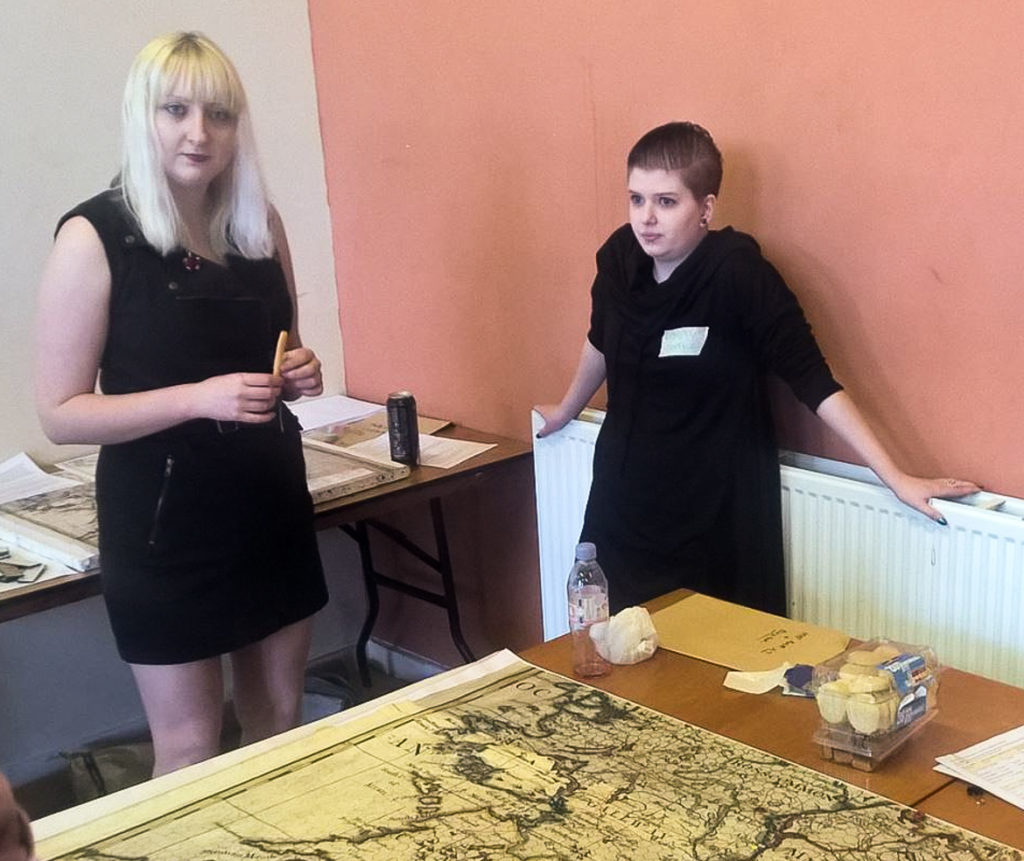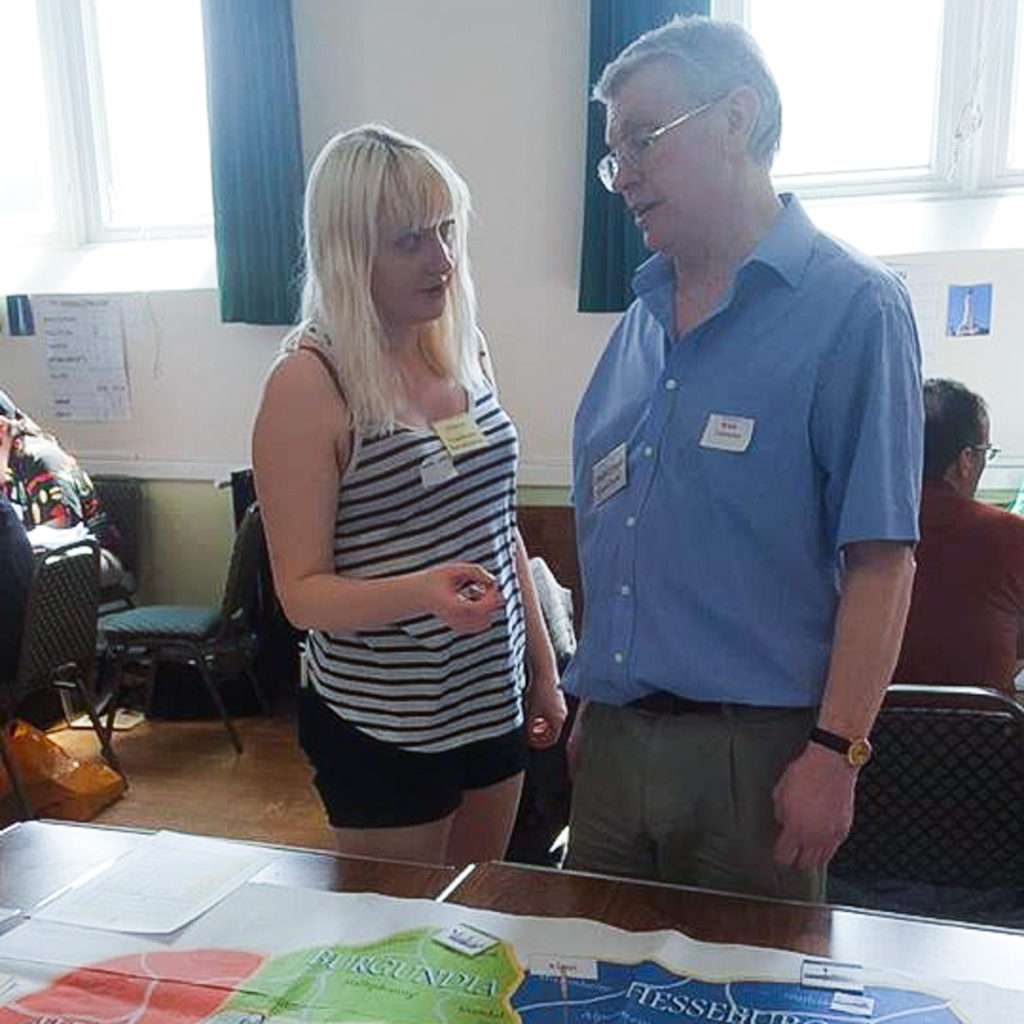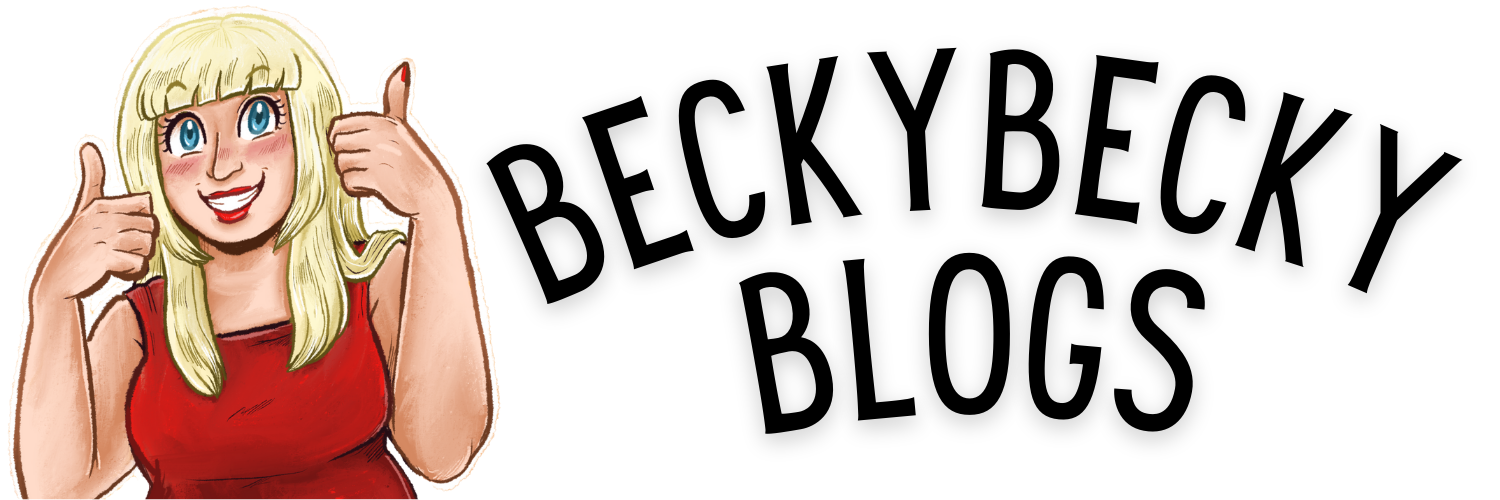Megagames are hella intense. I know I’m not the only person who has gotten overwhelmed, upset, angry or otherwise emotional at a game – in fact, I’d say that pretty much every megagamer I know has done the same at one point or another.
This most recently happened at Red Planet Rising, the True North Megagame by Andrew Shiel-Dodds. Overall it was an outstanding game – maybe the best online game I’ve done – and I had tons of fun. But around the lunchbreak, there was a news report released that really hammered home the fact that I was getting slaughtered in the press.
This was the second game in a row where I’d received a kicking from the news team, and it was a lot to take. It was hard to not take it personally.
I wasn’t streaming at the time (since it was the lunch break). I shouted a bit. I cried a little bit. I got a hug from my husband, and went back to the game for the afternoon. I did talk to camera a little bit immediately after coming back, which you can see in my stream here from the 3:41 mark.
It can be hard to pick yourself back up when you have an emotional response at megagames, but it’s something I’ve had to do on numerous occasions, and in a few different ways. I want to share a few ways I’ve found to cope with the entirely natural emotional response to an intense situation at a megagame.
Take a breather
Go to the loo, step away from the computer, get some fresh air – whatever you need to get some headspace between yourself and the game. My personal ritual for helping me calm down from my emotions is to reapply eyeliner and/or lipstick – literally putting my war-paint back on! Maybe you have your own ritual – having a cup of tea or a little pep talk in the mirror.
Remind yourself it’s not personal
99% of the time, intense interactions at megagames are more to do with game situation or personal briefings than an actual player disagreement. If someone is acting strangely or infuriatingly, it’s probably in their briefing.
This was the case at Red Planet Rising – the press didn’t hate me, they had in-game reasons to be slamming me, and a few minutes of reflection really helped me put it into context and be able to make in-game decisions (like stopping sending them oxygen and blaming our lack of availability on our plummeting stability score caused by all the bad press!).

Check yourself
If you’ve had an emotive exchange with another player, take a moment to consider whether you handled the situation well. We can all mess up when emotions are high, and being quick with an apology for acting out of order can go a long way towards repairing any damaged relationships.
Cut the tension
If I’ve had a particularly tense interaction with someone at a game, I find it very useful to break character with them and check in – either just by cracking an out-of-character joke, saying “wow that was intense”, or asking if they’re okay and whether they want to take five minutes too. Treating other players with kindness is never more important than when you’re laying into them about breaking their word on a trade agreement!
Talk to someone
Depending on who you are and who else is around, this can vary. A good first port of call is generally Player Liaison, if there is one at your game. Even though they’re often more aimed at new players, they can be very useful for helping resolve disputes and getting your head back in the game. Alternatively, speak with your team control, game or assistant game control, or even a fellow player you know and trust.

Walk away
The most important thing at a game is your own boundaries, and if you feel too uncomfortable to continue, then it is always okay to recognise that and leave the game. Please make sure you let your Control know, and ideally your team, so that no one is looking for you in an emergency.
What designers can do
It’s pretty impossible for designers to completely eliminate the risk of a high-emotion situation at megagames – they are fairly emotionally charged events and players get very invested in them. But there are several things you can do to make it easier on players who get overwhelmed or upset.
Here are a few ideas:
- Include a Player Liaison or similar non-Controlling Control role.
- Make it explicit to players during your pre-game communications and the pre-game briefing that it’s completely fine for them to take a break or step away – and equally, emphasise the importance of treating players and Control with respect.
- Ask players to complete a casting questionnaire, and include a question about whether players prefer cooperative or competitive roles, or whether a player would be comfortable being cast in an antagonistic role.
- Set player expectations regarding the tone of the game.
- Consider including a role break in your game. This can help players who are beginning to get overwhelmed from continuing down the same trajectory, and encourage players who are butting heads in-character to have an out-of-character check-in.
Do you have any advice – player-side or designer-side – for handling the high emotion situations at megagames?
